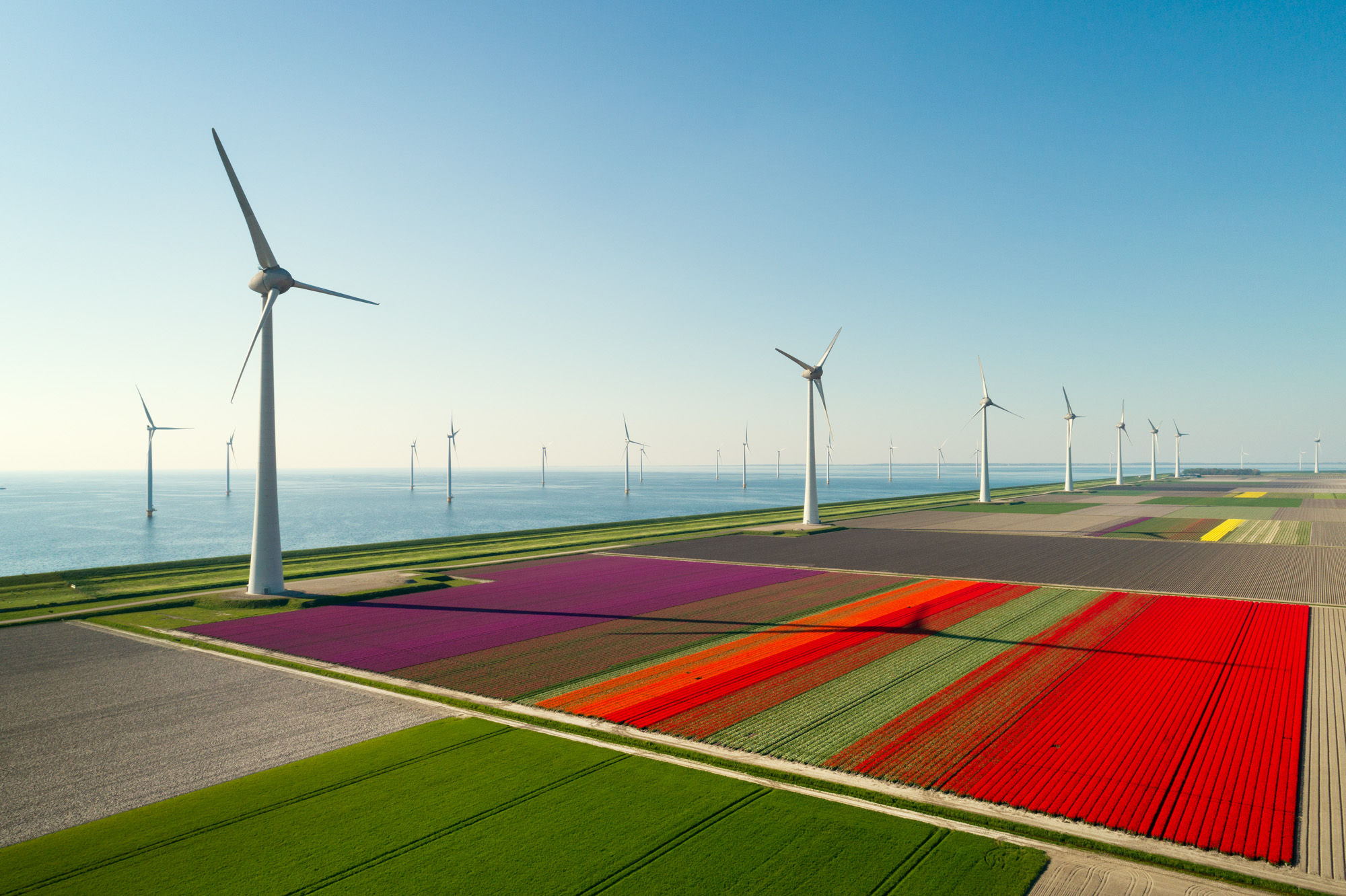

Article
In the race to meet the needs of 9 billion people on earth by 2050, horticulture experts are partnering up to make sure nature is not forgotten in urban developments. Therefore, Dutch public-private partnership Green Cities Serbia focuses on implementing green elements to existing buildings throughout Serbian cities.
Lush green roofs. Buzzing bee gardens. Lively large parks. It’s a known fact that greenery makes cities more attractive, improving quality of life. But it’s a lesser known fact that, when applied correctly, urban green spaces can make cities more climate resilient. In Shanghai, landscape architect Judith van der Poel, director at Niek Roozen Landscape, found a way that perfectly balances decorative green with functional advantages. This protects the Chinese metropolis from floods and drought, while simultaneously making it a better place to live for its many millions of inhabitants.
In June, city administrators, businesses and investors came together in Helsingborg, southern Sweden, in celebration of Climate Impact Day to discuss climate-neutral and smart cities. The outcome was crystal clear: we have to act now. And we have to act together, as climate change seriously impacts life on Earth. The event clearly showed governments are eager to tackle the complex nature of climate change.

One of the biggest global challenges we face today is how to adapt to and mitigate climate change. With its unique proportions, no country can face it alone. Signed in 2015, the Paris Agreement forms the largest agreement for countries to fight against climate change.
To successfully limit the effects of the climate crisis, the global community needs to collaborate. Not only by agreeing on national and international reduction targets, but also by collaborating in sharing knowledge, experience and resources to accelerate the development and implementation of clean technologies to reach our targets.
The global energy transition plays a huge role in successfully limiting climate change. It is a cross-sectoral and cross-border system issue in which both national and international efforts should be closely connected. Recent geopolitical developments have only emphasised the urgency of transitioning to renewable energies through international collaboration. Believing in the EU strategy, the Netherlands is committed to creating partnerships across borders that will contribute to systematic changes that directly influence the energy transition.
Want to know more about how you can work together with the Netherlands to achieve your goals? Or how you can help contribute to or spread the word on campaigns, events and initiatives? Contact us directly at info@nlbranding.nl so we can help you connect to the right people.